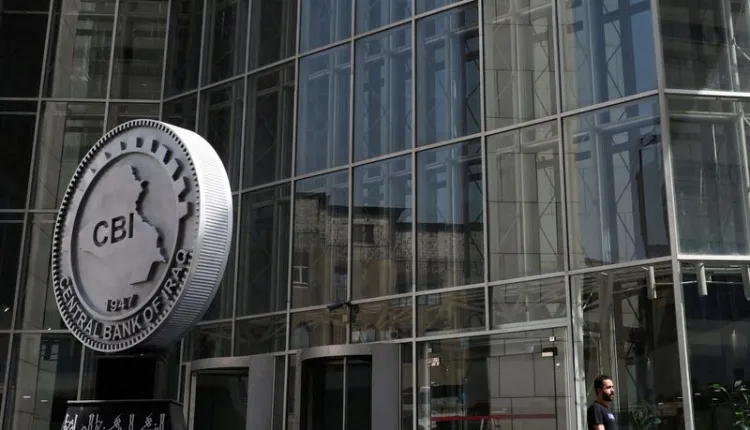Iraq has implemented a ban on eight local commercial banks from participating in U.S. dollar transactions as part of its efforts to combat fraud, money laundering, and other illicit uses of U.S. currency.
This decision comes shortly after a visit by a top U.S. Treasury official and targets banks involved in currency smuggling to neighboring Iran.
The banned banks, including Ahsur International Bank for Investment, Investment Bank of Iraq, Union Bank of Iraq, and others, are now prohibited from accessing the Iraqi central bank’s daily dollar auction—a crucial source of hard currency in the import-dependent nation. Iraq, positioned as a rare ally to both the United States and Iran, with over $100 billion in reserves held in the U.S., relies on U.S. goodwill to safeguard its access to oil revenues and financial stability.
The ban follows a U.S. crackdown on dollar smuggling to Iran through Iraq’s banking system. In July 2023, 14 banks were previously banned from conducting dollar transactions in response to a request from Washington.
Banks facing restrictions on dollar transactions are still allowed to operate and engage in transactions using other currencies, as clarified by the central bank.
The recent move aligns with ongoing efforts by the Central Bank of Iraq to safeguard the nation’s financial system from abuse, reinforcing legitimate Iraqi banks’ international connectivity through correspondent banking relationships.
The U.S. Treasury Department’s Brian Nelson, during his recent visit to Baghdad, discussed strategies with top Iraqi officials to protect the global financial system from criminal, corrupt, and terrorist activities.
In a related development, the U.S. Treasury Department announced actions against Al-Huda Bank, citing its involvement in diverting billions of U.S. dollars to Iranian-backed groups. The U.S. expects Iraq to play a more active role in countering Iran-backed armed groups, particularly after the killing of three U.S. soldiers attributed to Iraqi factions with ties to Iran.
While Iraq’s current government has received support from Iran-backed parties, efforts towards economic and financial reforms have garnered praise from Western officials. These reforms aim to curb Iran’s and its allies’ access to U.S. dollars and align Iraq’s economy with international standards, particularly in the financial sector, which has long been identified as a hotspot for money laundering.



